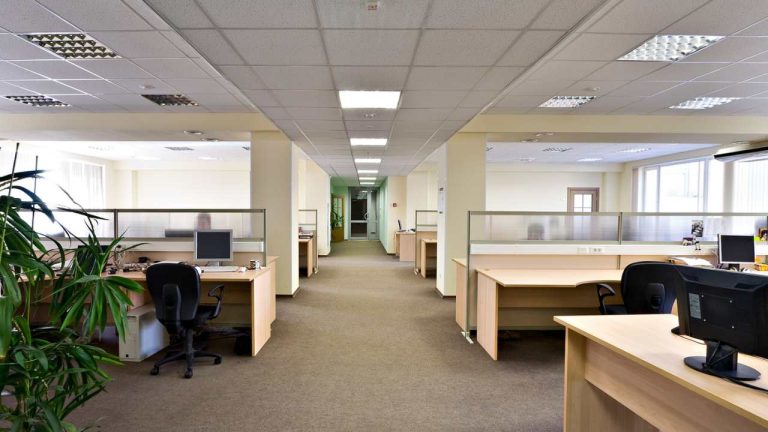Shopping Center Leasing – Turn a Lease Vacancy into an Opportunity
When you lose a tenant in an investment property it is an opportunity for change and not necessarily a negative factor. Sure, the landlord loses some rent for a little while, but in that time you as the leasing agent can look at the bigger investment perspective and make some wise choices of finding a new tenant and creating new lease terms. That’s why we get paid commission! Correct?
You should remember that you lose tenants for particular reasons. They are usually:
- They can’t pay the rent
- Outgoings are too high
- The property is changing
- The economy is putting pressure on some tenants
- The tenant is in default under their lease
- The tenant wants more or less space
- The property needs a refurbishment
- The landlord and tenant relationships are strained
- Errors have been made in property performance
When these things happen, you can make changes to the property. In solving the vacancy problem you can choose a better tenant and a better lease arrangement. I have done that myself many times; I look at vacancies as an opportunity to do something more with the premises and the cluster of tenants around the vacancy. In that way I can help the landlord create a property improvement.
Landlord’s sometimes just think about the rent loss and not much else; that is a short sighted perspective. A good retail leasing specialist will see the vacancy as a valid reason to get on the telephone and talk to some tenants and business owners. Direct canvassing of retail tenants in other properties and the general location will soon turn up some ideas, inspections, and lease offers.
If your shopping centre is a ‘top performer’ from a retail sales perspective then it is quite likely that new tenants will flock to the vacancy in anticipation; if however the landlord has not spent much money on the property, it appears ‘tired’, and the customers are moving to other retail options for shopping needs, then your vacancy can be an extended problem.
A ‘dead retail property’ in any economy is hard to lease; as a special note here, it is questionable whether you would want to be involved with such a landlord in that case. Retail property is a specialist type of investment; inexperienced landlords should not get involved.
So let’s say that we lose a tenant from a shopping centre. What would I do? Here are my thoughts:
- Check out the market rentals that prevail in the area and property type today
- See what incentives need to be offered to attract other tenants
- Do a survey of the property to see what new tenants would be ideal for the vacant space
- Ask current tenants if they would like to expand into the newly available space
- Ask customers through a survey process as to what tenant type they would see as useful for their shopping needs in the vacancy
- Ask other tenants about what other retail offerings they believe would suit the space
- Talk to franchise groups about what their retail space needs may be
- Use the vacant space as a pivotal point in relocation during any refurbishment program in the property.
- If the space is large, look at the opportunities of splitting it up into two separate areas for separate retailers.
- Run a short term ‘community service’ booth from the vacancy whilst you are looking for a new tenant.
So, as you can see, the loss of a tenant can actually be a very good thing. It is just a matter of what you do with the space.








